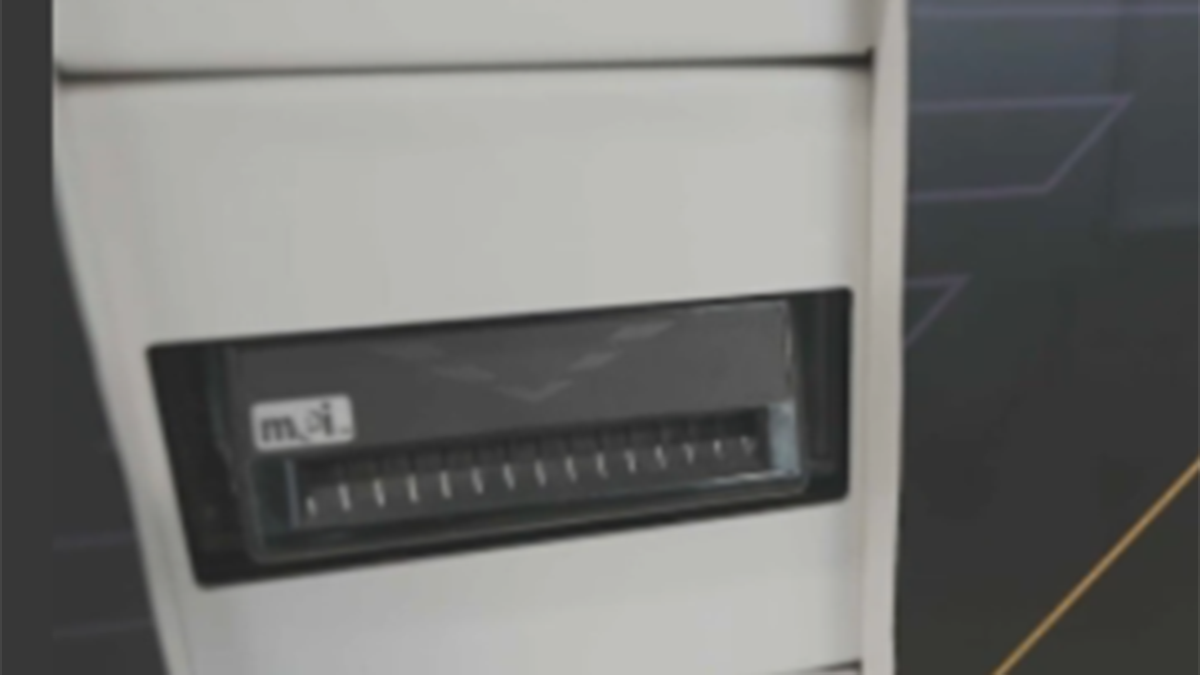A national pause on evictions is set to expire later this month, but there are reports that it could be extended. CNBC reports the Biden administration’s CDC is expected to extend the moratorium for a month. NBC 6’s Alina Machado reports
For several months, the Centers for Disease Control and Prevention’s moratorium on evictions has offered some protection to those who suddenly found themselves unable to pay rent because of the pandemic. That protection is on track to expire June 30, but it may be extended for another month.
CNBC is reporting sources briefed on the matter told Reuters the moratorium is expected to last through July. The White House and the CDC did not comment. You can read more about the reporting by clicking here.
Watch NBC6 free wherever you are
Sean Rowley, advocacy director of the tenant rights unit at Legal Services of Greater Miami, told NBC 6 he expects to see an uptick in eviction if the CDC moratorium expires.
“We’re very concerned,” he said. “We’re trying to build our capacity as much as possible to be able to provide as much assistance as possible. In a lot of the cases, there’s just not going to be a lot of defenses that can be raised.”
Get local news you need to know to start your day with NBC 6's News Headlines newsletter.
The latest eviction data available for Miami-Dade County shows there are 2,974 pending residential cases filed between October 1, 2020, and April 30, 2021. Through April, the county said 138 pending evictions included tenants who filed for the CDC protection.
In Broward County’s 17th Judicial Circuit, there are 2,544 pending eviction cases – though it’s unclear how many of those include a CDC tenant declaration. Back in March, less than 10% had filed the declaration.
“I think it’ll only be a slight uptick in eviction filings,” said Phil Revah, a South Florida attorney.
Responds
Responding to every consumer complaint
Revah said the CDC moratorium only covers evictions involving non-payment – which is one of a long list of reasons why a landlord can move to evict someone.
“Landlords got creative anyway throughout the term of the pandemic,” he said. “They’ve been finding other reasons to evict their tenants other than non-payment and then the moratorium is never implicated.”
Rowley said if you’re struggling to pay rent, there are things you need to do now.
“Make sure you’re applying for the ERAP, which is the Emergency Rental Assistance Program,” he said, adding you should also be trying to figure out what arrangements you’re going to make in the future if your landlord does proceed with an eviction case against you.
Miami-Dade’s emergency rental assistance program recently started accepting applications again. You have until June 25 to file for help. You can learn more by clicking here.
You can visit Broward County’s portal for rental assistance here.



